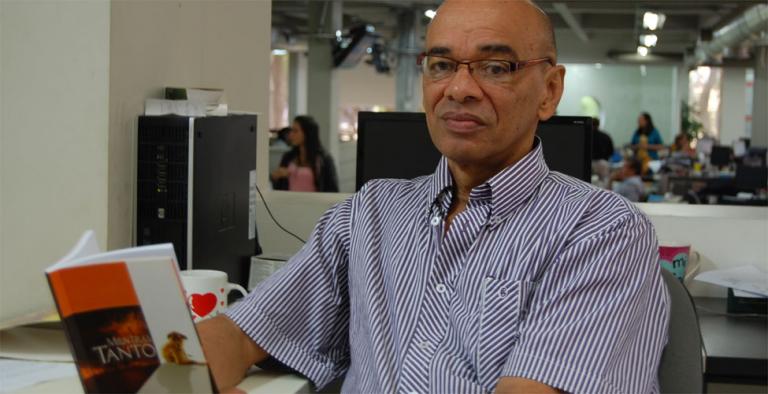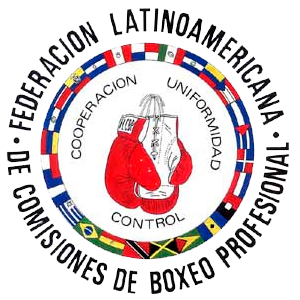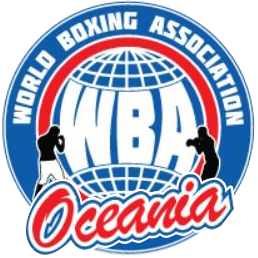One of the most interesting aspects in Alberto Agámez’s book about Tomás Molinares is its title. “Todos somos culpables” (We are all guilty) invites us to think about a complicated case like that of the former boxer and seems to distribute the blame among all those who were related to the fighter, and even to the readers and the boxing fans.
This is one of the topics that Agámez had to explain during the presentation of his book, which has the support of the World Boxing Association (WBA), to the Colombian press. Molinares’ episodes of depression and psychological problems prevented him from continuing after he became world champion by defeating Marlon Starling in 1988, but as the author explains, it is a situation that had started before.
“We are all guilty, but not responsible. Many of us who were by his side saw episodes from before but the lack of knowledge did not allow us to seek the right help for him at that time”, Agámez regretted to everyone connected to the press conference.
In Colombia there is a considerable number of fans who see Molinares as a fighter who did not have enough responsibility to transcend and that is one of the myths that Agámez wants to erase with his book.
“Tomás didn’t buy his illness with a credit card. It’s something that came with him since birth. He had to carry it with him and he is a great hero for Colombia because in spite of all that he managed to reach the top and become world champion”, continued the author.
Agámez spoke about Molinares’ valuable victory against Starling in Atlantic City and stressed that it was not a stroke of luck that gave him the victory. That night the Colombian was making a good fight and the judges’ cards at the time of the definition support it.
“Molinares was not being beaten up like many people think. He was down 47-48 on two cards while the other was even. The thing is that at that time Colombia didn’t think it was possible to have a Welterweight World Champion. What he did was a feat”, he said.
Agámez relied on different medical specialists and with many boxing people in Colombia to write a great book that tells the story of one of the most enigmatic and curious characters in Latin American boxing. A great contribution to sport literature in the continent.

















